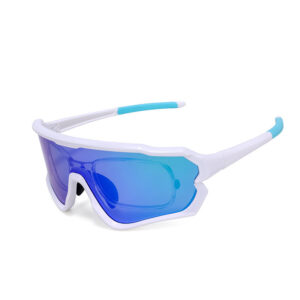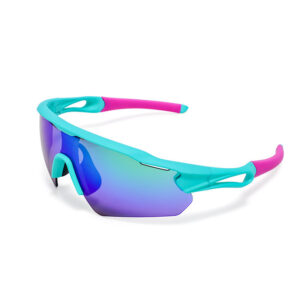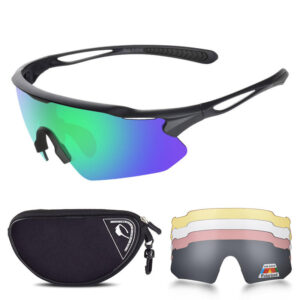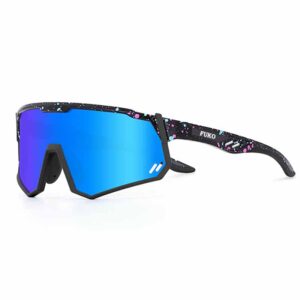Helmets are essential for safety in various activities such as cycling, motorcycling, and sports. However, many people may not be aware of the importance of regularly replacing helmets to ensure their effectiveness. In this article, we will explore the question, “How often should helmets be replaced?” We will delve into the lifespan of helmets, the 5-year rule for helmet replacement, and the factors that contribute to a helmet’s expiration.
How Often Should Helmets Be Replaced
The frequency at which helmets should be replaced depends on factors such as usage, impact, and age. While there is no one-size-fits-all answer to this question, it is crucial to regularly inspect helmets and replace them as needed to ensure optimal protection for the wearer. By doing so, we can prioritize safety and mitigate the risks associated with wearing outdated or compromised helmets.
What is the Lifespan of a Helmet?
The lifespan of a helmet is influenced by its material, usage, and exposure to environmental elements. Most manufacturers recommend replacing helmets every 3 to 5 years, even if they have not sustained any impact. Over time, the materials in a helmet can degrade, compromising its ability to protect the wearer in the event of an accident.
What is the 5-Year Rule for Helmets?
The 5-year rule for helmets suggests that they should be replaced every five years, regardless of their condition. This guideline is based on the general degradation of helmet materials over time, which may not be visible to the naked eye. Adhering to the 5-year rule helps ensure that the helmet provides maximum protection when needed.
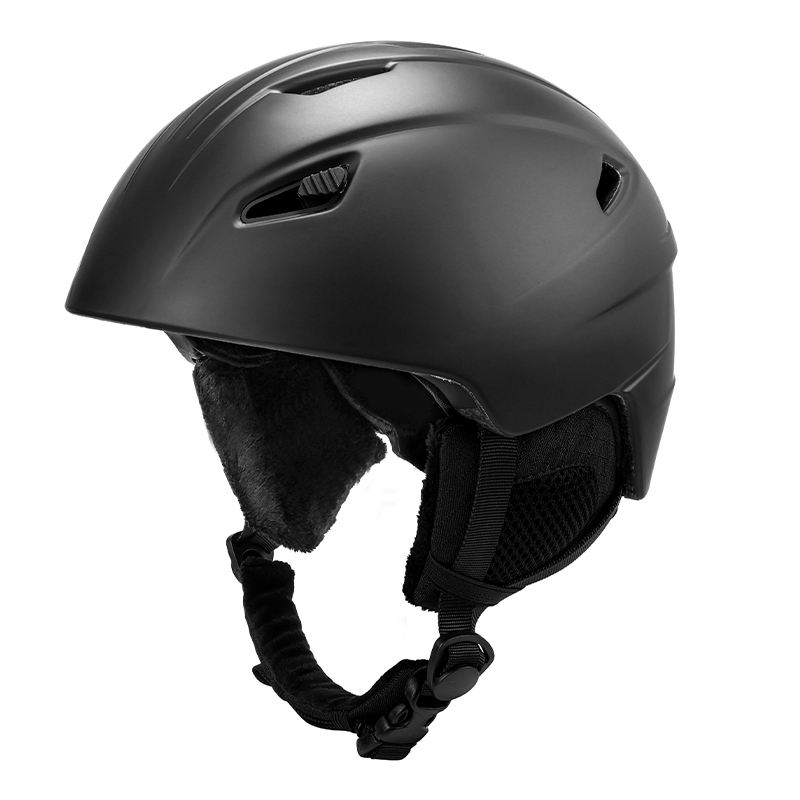
Read More:Where Are Smith Helmets Made
Do Helmets Expire After 5 Years?
While helmets do not have an explicit expiration date like food or medication, they can be considered to expire after 5 years due to material degradation. The protective capabilities of a helmet diminish over time, making it less effective in safeguarding against head injuries. Therefore, it is advisable to replace helmets after reaching the 5-year mark.
What Makes a Helmet Expire?
Several factors contribute to a helmet’s expiration, including exposure to UV radiation, sweat, temperature fluctuations, and general wear and tear. These elements can cause the helmet’s outer shell, foam, and other components to deteriorate over time. Thus reducing its ability to effectively absorb impact and protect the wearer. Additionally, if a helmet has been involved in a crash, it should be replaced immediately, as its structural integrity may be compromised, potentially putting the wearer at risk.
Conclusion
To ensure safety during activities requiring head protection, know when helmets need replacing. Adhere to the 5-year rule and consider factors contributing to expiration. Prioritize regular inspection and replacement to mitigate head injury risk and promote a safety culture.
Also Read: Top 5 Best Ski Helmets With Visor

